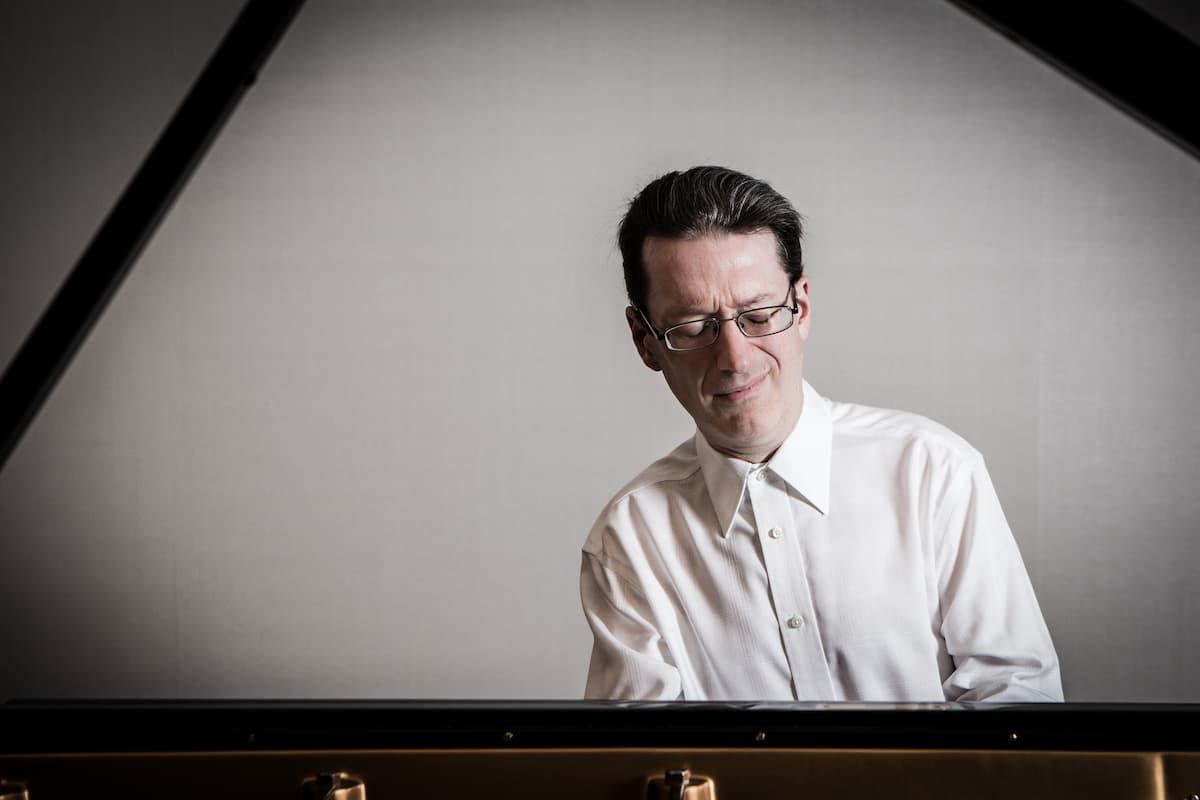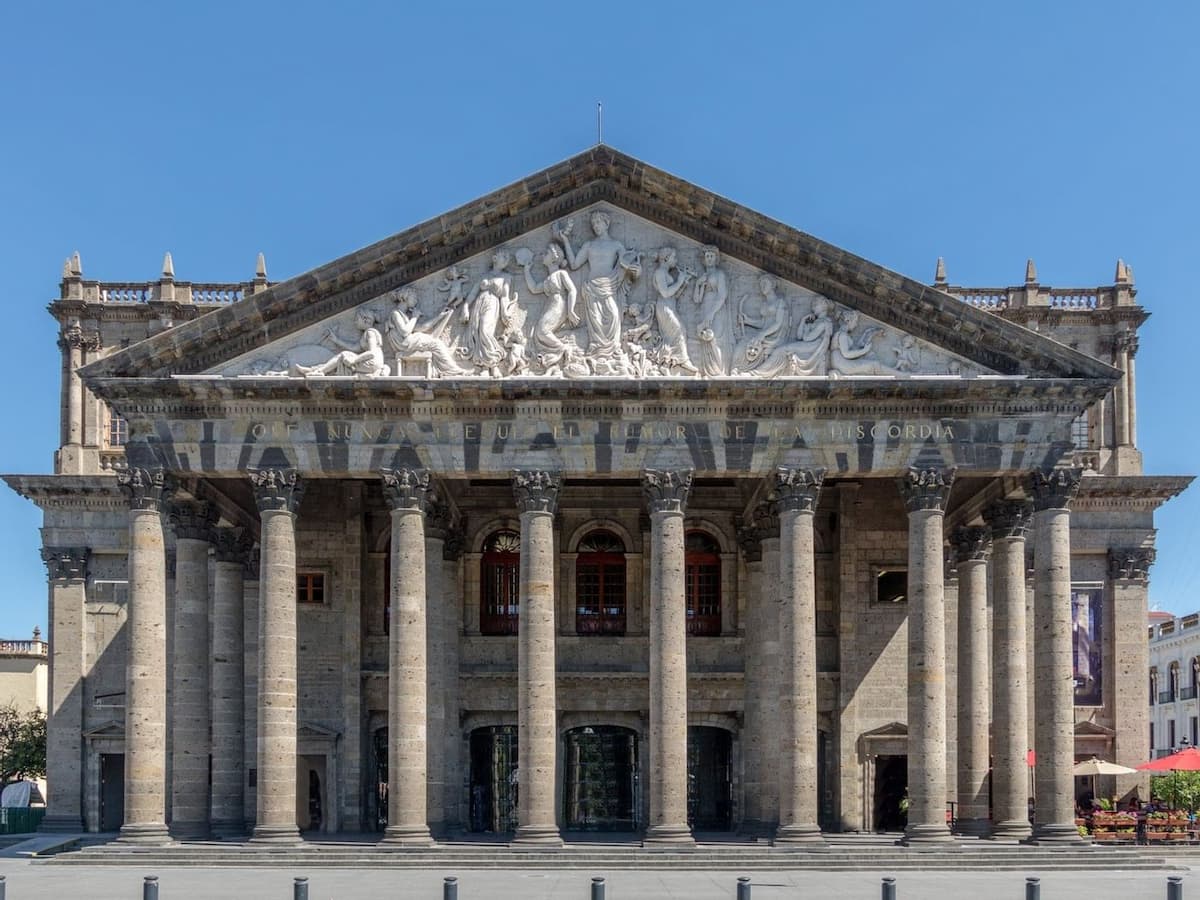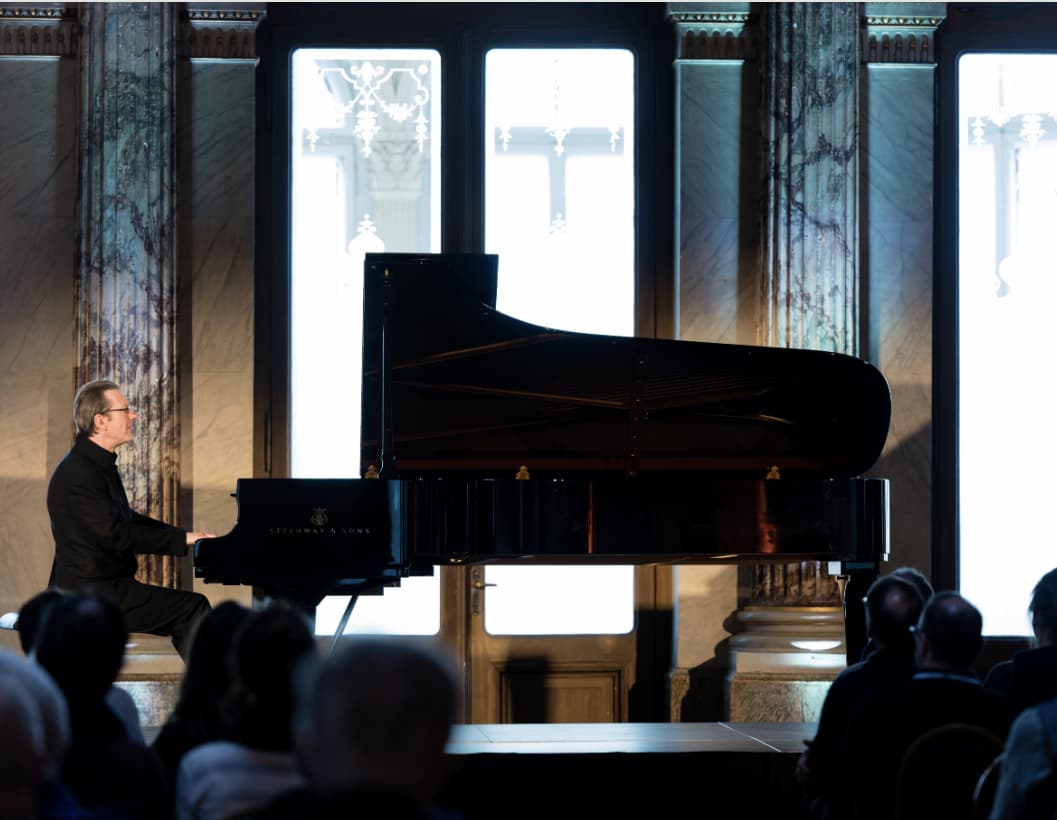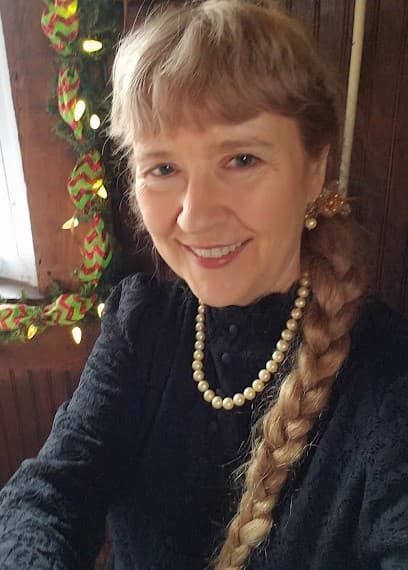Rich contributions have been made to classical music by creators from Spanish and Portuguese-speaking countries. Composers like Ponce and Albéniz, conductors in the mode of Dudamel and Payar, instrumentalists such as de Larrocha and Ricardo Morales, all testify through their compositions and performances, to the abiding power of classical music within and beyond national borders.

Llŷr Williams © Hannan Images
It comes as no surprise, then, that a major cultural festival celebrating the arts—and, in particular, the music of Ludwig van Beethoven—should thrive under the Mexican flag this year in the colorful city of Guadalajara. The Festival de Mayo (May Festival) has been an important event since its founding in 1988. This year, the Festival turns its focus to the 250th anniversary of Beethoven’s birth, a celebration postponed since the COVID pandemic spread rapidly around the globe four years ago.
The B32 at the center
For the center attraction of the 2020 event, Festival management invited the world-class pianist, Llŷr Williams, to perform the complete 32 Beethoven piano sonatas over two weeks. When the festival was cancelled, Festival management invited the artist to perform the cycle online from his home in Wales UK before an international audience. This he did, and it was an incredible performance, one I listened to for the entire time it was available on YouTube. The Beethoven 32 sonatas are considered by many to be one of the greatest artistic achievements in human history. The pianist who masters these works, composed over 27 years, from 1795 to 1822, has reached a pinnacle of technical achievement and a web of deep reflection approaching spiritual ecstasy. But the individual works are also full of humor and passion, making them a mirror that reflects the human condition.
Llŷr Williams plays BEETHOVEN: Piano Sonata no.30, in E major, op.109
So successful was the online sonata cycle, that Williams was invited to play it in the Degollado Theater at the live Festival this year from May 12 through 23. The Festival will include a performance of Beethoven’s Ninth “Ode to Joy” and Seventh Symphonies, Violin Concerto, and chamber works. Other events will include guitar music, jazz, and visual art, including sculpture. Music historian Lázaro Azar will provide commentary with audiovisuals prior to the performance of the 32 sonatas.
I asked Williams in an online conversation what he especially likes about the Guadalajara experience and his thoughts on classical music today.
A younger audience

The Degollado Theater © grandfiestamericana.com
“For one thing, you will find a younger audience at these recitals, excited to hear the sonatas, possibly for the first time,” he said. While appreciating the support and loyalty of older concertgoers, he believes classical musicians need to reach out and encourage the next generation. “There needs to be more music in the schools, not just math and science, important though they are. When you take it out of the schools, only the wealthy can afford music. Of course,” he added, “the response of Eastern countries to classical music has been rewarding. Exposing children to classical music at an early age is crucial to producing future artists and audiences.”
The subject of music education in the West is one that engages the affable pianist, who has a long association with the Royal Welsh College of Music and Drama and teaches and conducts master classes at the University of Cardiff. The artist performs in recitals internationally and is the official accompanist at the BBC Singer of the World competition in Cardiff. Williams is a familiar presence in London’s Wigmore Hall, where he recently performed selections from his new album of Robert Schumann’s piano music. I was fortunate enough to catch his appearance last year at Union College in Schenectady, N.Y., where he received tumultuous applause from a full house in Memorial Chapel following his performance of a large, challenging program. He is scheduled to perform there again in 2025.
Williams was born in Wales, as evident in his lilting accent, and began studying the piano for pure enjoyment when he was seven years of age. Of particular interest, Williams’s father would take his young son to the opera and introduce him to recordings, so the boy experienced music as a pleasurable activity from a very early age. He continued to study the instrument throughout his childhood and read music at Queen’s College, Oxford. He won every available prize at the Royal Academy of Music and Drama among other honors, and, most significantly, he won the Young Concert Artists Trust (YCAT) competition. Through it all, the Beethoven sonatas, in all their complexity, humor, and pathos, keep reoccurring in this artist’s life.
A musical adventure

Llŷr Williams © Luzerner Sinfonieorchester – Philipp Schmidli
“Playing the 32 sonatas, you feel as though you are taking the audience on a journey,” he said, “and more so than with any other piano cycle. Everything with Beethoven is a shared journey, an adventure, as the composer’s new ideas emerged at the time major innovations were being made in piano technology, and the modern orchestra was born. Beethoven’s late works,” he added, “are some of the most profound utterances conceived for the keyboard at that time.”
In Mexico, a country with many integral ties to the classical music experience, a performance of the 32 piano sonatas by Llŷr Williams promises to be a fitting way to celebrate Beethoven’s contributions to the world. In a sense, classical music is a torch to be passed from nation to nation, illuminating a way to dialogue, creativity, and peace. Further information about the Festival, in a variety of languages, is available at: https://festivaldemayo.org/fcmj2024/sonatas.htm. Click on Contacto at the top of the page, then Select Language at the top right.
For more of the best in classical music, sign up for our E-Newsletter

Linda Holt
Linda Holt reviews performances and interviews performing artists for classical music publications including Bachtrack.com, ConcertoNet.com, Fanfare Magazine, and BroadStreetReview.com. Writing as L.L. Holt, she has published two novels about Beethoven’s challenging childhood (Invictus and The Black Spaniard). She studied music history, theory, and criticism at Rider University and has performed with the Greater South Jersey Chorus and as a classical guitarist.




